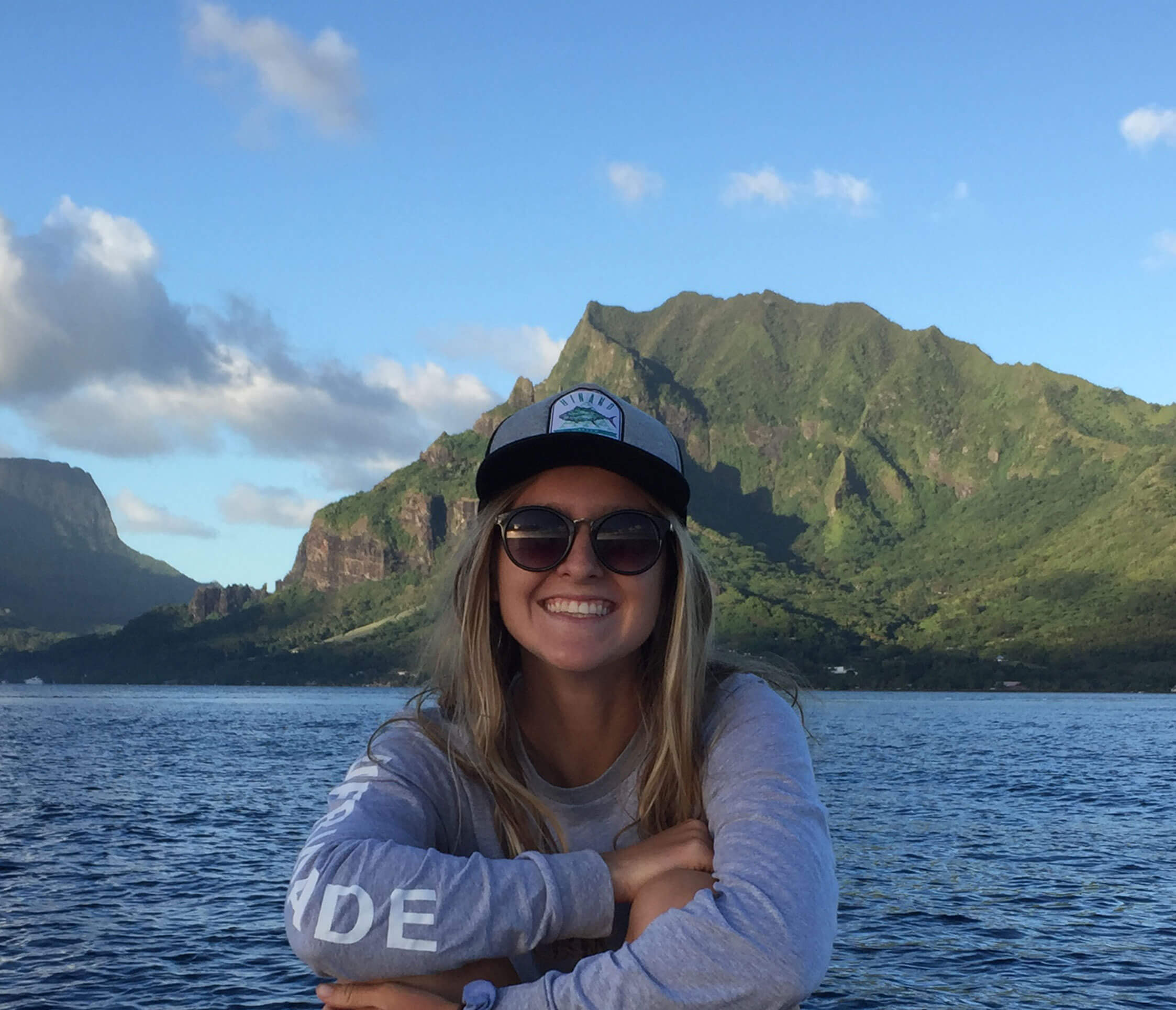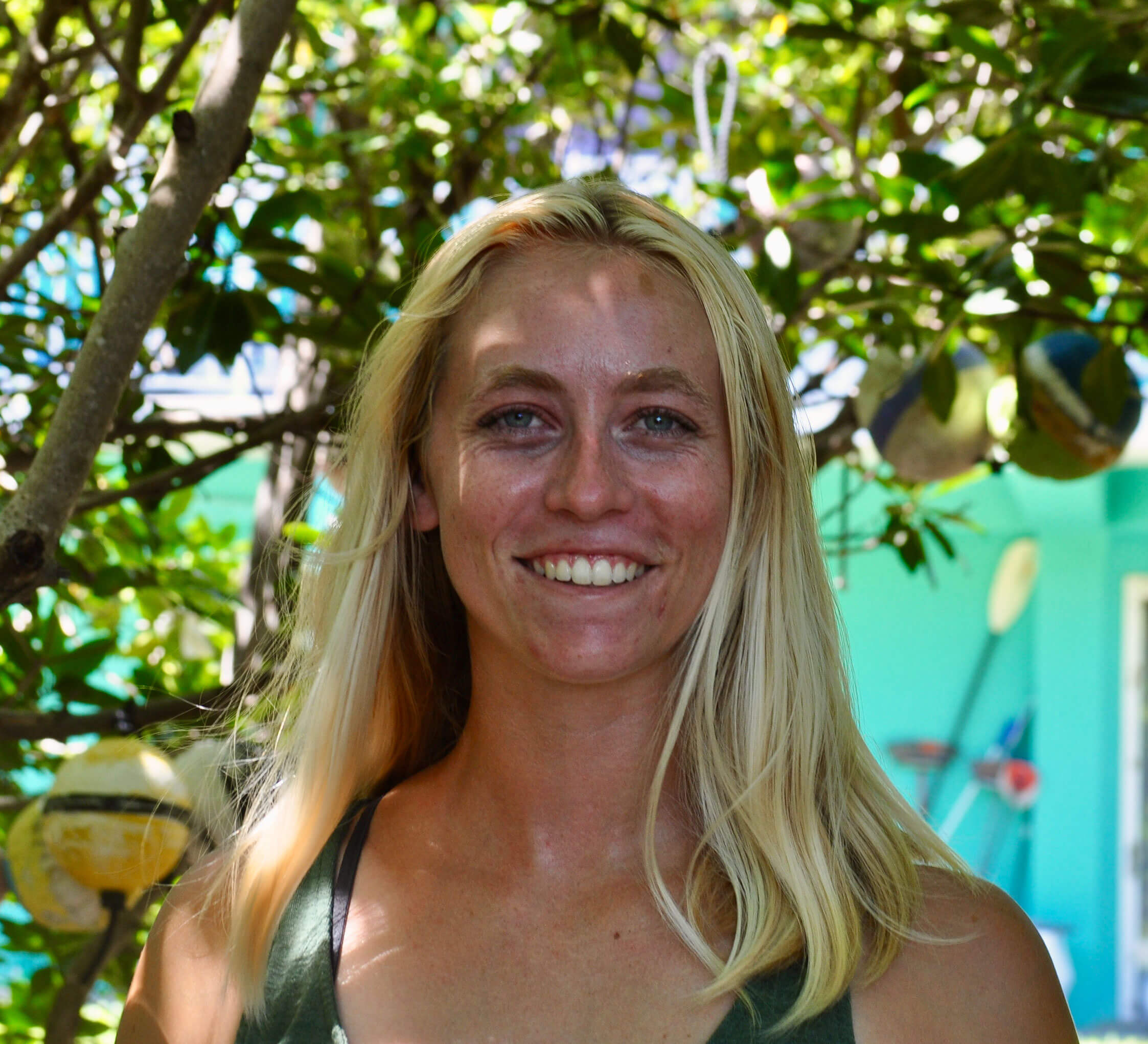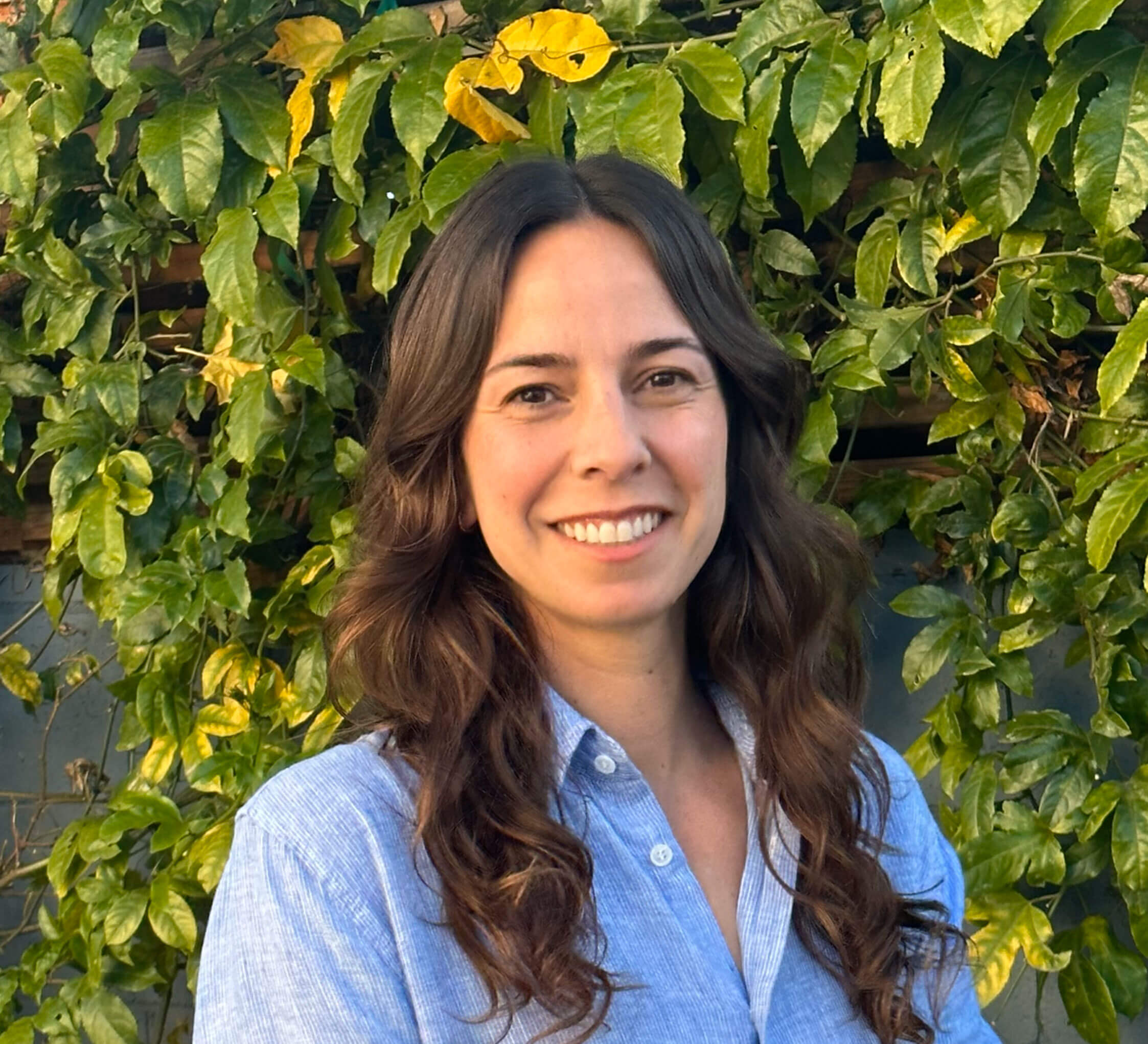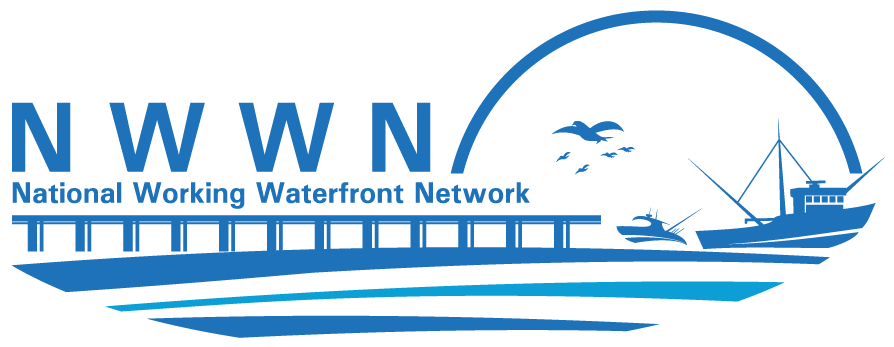
The NWWN has partnered with Urban Harbors Institute (UHI), an applied research institute within the School for the Environment at the University of Massachusetts Boston, focused on addressing ocean and coastal issues through research, policy, and planning. Through this partnership and with previous foundation funding, the NWWN and UHI have created an internship program that focuses on applied research to advance the resilience of working waterfronts and coastal communities.
The NWWN is proud to announce another round of the internship program for the 2026 spring and summer. We are seeking an intern to conduct applied research focused on climate resilience in the Texas Coastal Bend region. Please review the following Internship Announcement for full details. Deadline for applications is March 3rd!
This internship program is meant to foster partnerships between an academic institution and a community/industry partner and in addition provide graduate students with the opportunity to conduct applied research on working waterfronts. For sharing input or for questions, please reach out to Shannon.Hogan@umb.edu.

Ally Alpin
Ally is a first year Master of Environmental Management student specializing in coastal and marine systems as well as economics and policy at Duke University. She is interested in ethical marine protected area implementation, small-scale fisheries management as well as science communication & outreach. Currently, Ally is working with the National Working Waterfront Network and Gulf of Mexico Reef Fish Shareholders’ Alliance to work with commercial fishermen on assessing the social and economic impacts of hurricanes on working waterfronts. Ally hopes this experience provides her with the skills and empathy necessary to include folks who rely on ocean resources in management decisions.

Maia Griffith
Maia is a first year Master of Environmental Management student at Duke University, concentrating in coastal and marine systems, and environmental analytics and modeling. Maia has studied kelp forests and juvenile salmonids in California, sea turtles on the Big Island and worked in marine science education in the Florida Keys. At Duke, Maia is a member of the Marine Robotics and Remote Sensing lab. Her research is focused on quantifying shark behavior using UAVs, and she will be working this summer on drone data analysis for a new marine reserve. She also works for Duke Restore on the Re-Wilding Team, is a board member for the Ocean Policy Working Group, and recently joined a project using drones to study elephants in Zambia. As an intern with the National Working Waterfront Network, Maia is collaborating with Georgia Sea Grant to identify policy gaps for Georgia’s working waterfront and is currently gathering data on how waterfronts are being managed to share with relevant stakeholders.

Ariadne Reynolds
Ariadne is a third year PhD student in UCLA’s Institute of Environment and Sustainability. Her research focuses on sustainable fisheries and aquaculture science and policy in the United States. She uses spatial analysis, social science, and policy analysis methods to understand how to better incorporate sustainable aquaculture and commercial fishery products into local food systems. As a National Working Waterfront Network intern, Ariadne is working with NOAA Fisheries, to build case studies of successful seafood hubs on the west coast of the US.
Past Research by NWWN Interns
Three internships were awarded during the spring of 20223. See below for project descriptions.
Great Lakes Future Fishers Initiative Apprenticeship Program – Workforce Development
As with other coastal fisheries, the Great Lakes have had difficulties with the graying of the fleet, and recruiting and retaining quality employees. Wisconsin and Michigan Sea Grants have been working together on a project funded by NOAA Sea Grant’s Food from the Sea program. They have successfully reviewed existing apprenticeship programs and surveyed Great Lakes’ fishers to create a framework for a commercial fishing training program. The intern utilized results from the survey, which included workforce needs voiced by the industry, and further research to create a recruiting portfolio for reaching students (high school and community/technical colleges). The goal of this project was to highlight options for careers on the water that might not be well known and that provide a desirable lifestyle for the right people.
For a more in-depth look at the research and findings, read through the Story Map.
Analysis of How to Reduce Bycatch in the Atlantic Monkfish Fishery through Use of Modified Large Mesh Sink-Gillnets
In the mid-Atlantic and northeast U.S., Monkfish support a lucrative commercial fishery. This Monkfish gillnet fishery developed as an extension of the coast intercept fishery targeting Atlantic Sturgeon in the mid-1980s. Unfortunately, the burgeoning Monkfish fishery led to high levels of observed Atlantic Sturgeon bycatch (Stein et al. 2007, ASMFC 2007). Several studies, while limited in scope, suggest gillnet configuration plays an important role in the retention of Atlantic Sturgeon (Trencia et al. 2002, Sweka et al 2007, Fox et al. 2011, Fox et al. 2012, Fox et al. 2013, Fox et al. 2018, Hager et al. 2021). As part of this project, the intern assisted the development of a modified gillnet design and began work with commercial fishing partners who will be trialing the modified gillnets in real world conditions and providing feedback and bycatch data.
To learn about research methods and next steps, read the intern’s blog post.
Gap Analysis and Policy Recommendations to Support Voluntary Emissions Reductions in the U.S. Commercial Fishing Fleet
This project in coordination with the Fishery Friendly Climate Action campaign and Shining Sea Fisheries Consulting LLC focused on energy resilience for the United State commercial fishing fleet. Exploring ways to reduce vessel diesel usage through energy conservation, efficient equipment, and alternative fuels can aid the commercial fishing fleet in energy efficiency and global efforts to combat climate change. However, there is no “one size fits all” solution that will work for the entire U.S. fishing fleet. The intern worked on a gap analysis to help address knowledge gaps such as what kinds of emissions reduction innovations are most appropriate and of greatest interest to U.S. fishers; current barriers that prevent deployment of these strategies, and tools that are needed to overcome these barriers, among other information. The intern collected data through conducting interview with commercial fishing vessel owners.
To learn about research methods and next steps, read the intern’s blog post.
Two internships were awarded during the spring of 2022 and the graduate interns presented their findings at the NWWN 2022 conference in Boston, MA in July. See below for project descriptions and results:
Understanding Shoreside Infrastructure Challenges in the Massachusetts Summertime Fluke Fishery
Massachusetts has a robust summertime commercial fluke fishery in the waters south of Cape Cod, primarily Nantucket Sound. Despite a sustainable resource and a significant increase in the available quota, landings have nearly halved over the past 10 years, declining from over 700,000 lbs. in 2010 to less than 400,000 lbs. on average since 2017. The number of active permit holders has steadily decreased over the same period, with only about 25 boats remaining active in the dragger fleet. It is unclear if this is the result of policy changes or increased competition for port infrastructure from competing user groups on the waterfront. This study sheds light on the causes of declining participation using a combination of research methods, including a web survey of commercial fluke permit holders, individual and group interviews, and analysis of infrastructure changes at critical ports on Nantucket Sound.
For a more in-depth look at this research and the results check out this ArcGIS Story Map
Assessing Marine Industry Compliance in the Crabber-Towboat Agreement, West Coast
The coastal commercial Dungeness crab fishery and the tug/towboat industries occupy similar areas of coastal waters for daily and seasonal uses. Because of this overlap in shared space, conflicts have arisen as tug/towboats occasionally run over and decimate set crab pots. Not only does this incident result in lost commercial catch for crab fishers, but the tug/towboat industries must also pay workers to clear affected boat props of crab gear. To mitigate this conflict and potential financial loss for both industries, the Crabber-Towboat Lane Agreement was created in 1971 as an informal, non-regulatory agreement between the two industries. The agreement designates towlanes in which tug/towboats must travel within and in return, crab fishers agree to set pots outside of these lanes. With good compliance, the Crabber-Towboat Lane Agreement is an example of outstanding, efficient, and progressive cooperation to increase the resiliency of the commercial crab fishery and tug/towboat industry. However, up until now compliance with the agreement has yet to be evaluated. To explore the success of the agreement we synthesized large geospatial datasets on vessel traffic along with the latest lane boundaries established in 2019 to create an interactive map where tug/towboat traffic and towlanes are visible simultaneously. This information shows the success of the lane agreement to West Coast Ocean users and promotes the collaborative nature of fishing communities and working waterfronts.
For a more in-depth look at this research and the results check out the website for the Crabber-Towboat Lane Agreement hosted by Washington Sea Grant and the Crabber-Towboat Lane Interactive Map.


